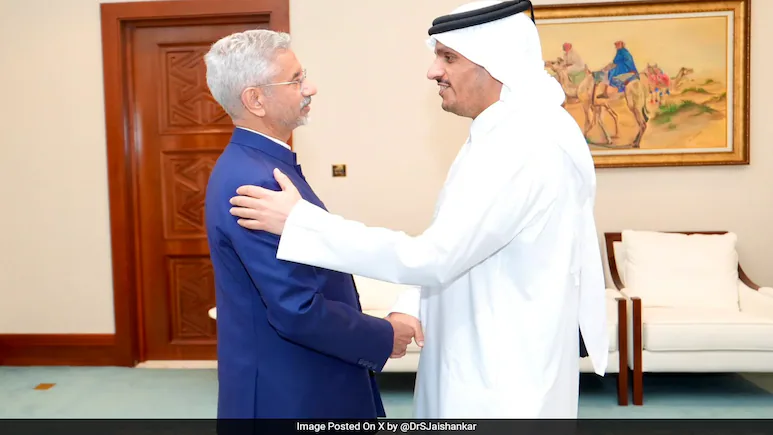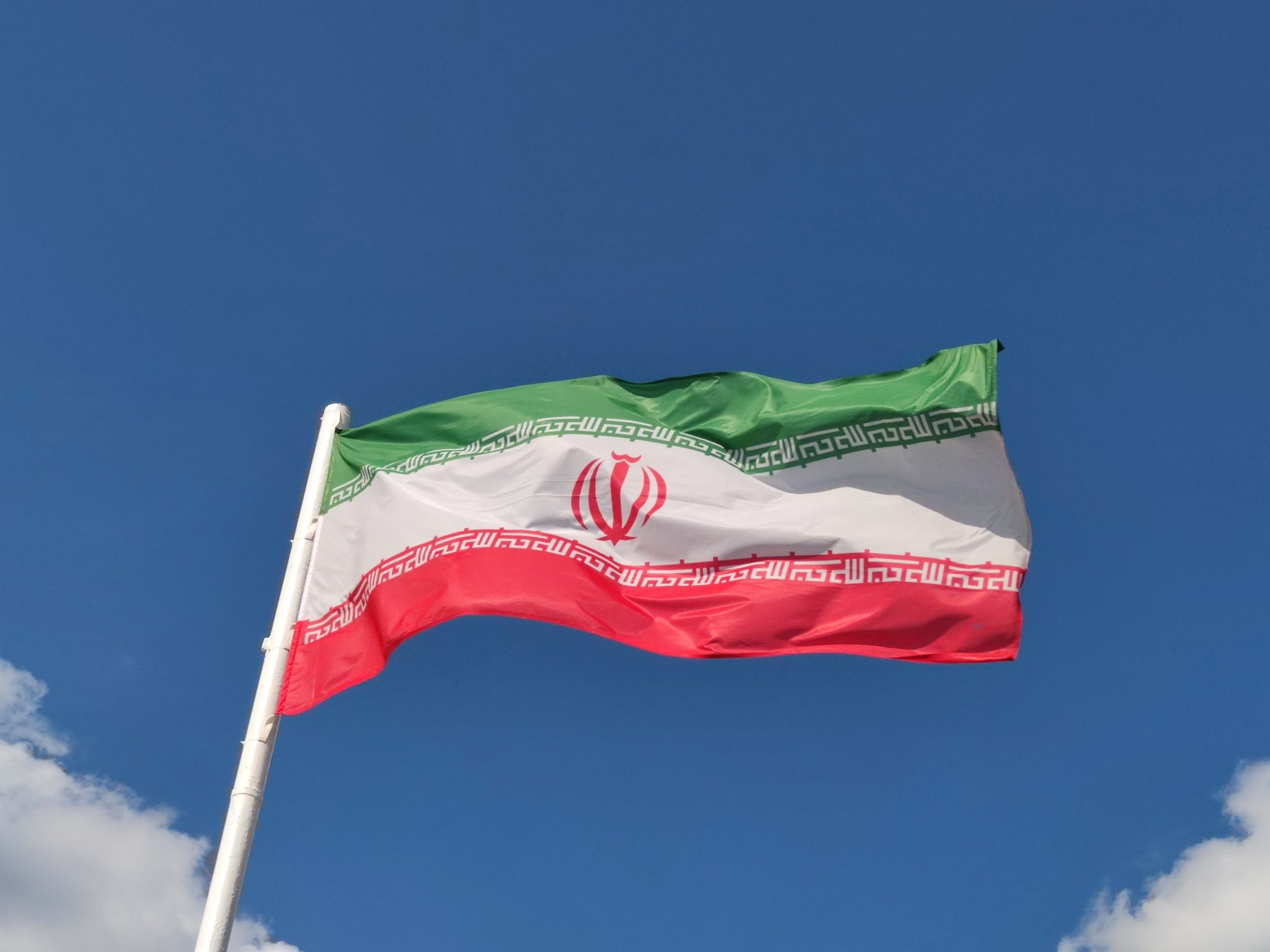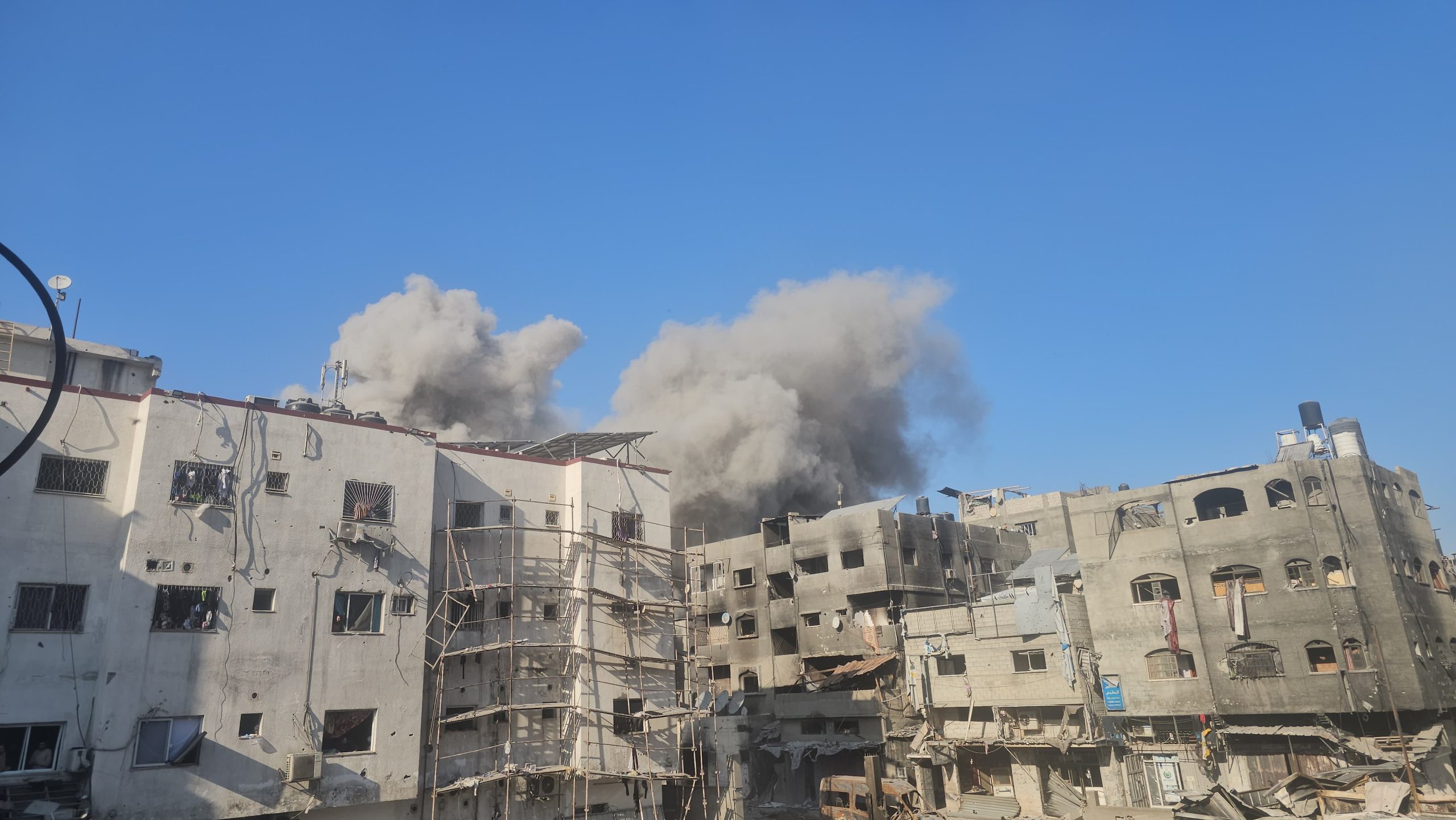Some European countries have been debating whether or not they will boycott the 2022 World Cup allegedly over rights concerns.
The German Football Association confirmed it will not be boycotting the 2022 Qatar World Cup, despite the football team taking a stand at the world cup qualifying game against Iceland.
The team lined up before kickoff wearing t-shirts displaying the message “HUMAN RIGHTS.” The German FA said that they will support the team in pledging support for the rights of migrant workers in Qatar.
“Amnesty International advises against a boycott, and instead calls for more disclosure and sharing of grievances, as well as dialogue with those involved and setting clear symbols, as the national team did yesterday as a first step,” DFB President Fritz Keller said in an interview.
“Qatar has initiated several reforms, and there has been visible progress made – although there is still a ways to go – which a boycott could potentially undo,” Keller added.
However, Germany midfielder Joshua Kimmich said calls for boycott are 10 years too late.
“It wasn’t allocated this year, but a couple of years ago. One should have thought about boycotting back then. Now we need to take the opportunity and use our publicity to raise awareness about things. But it’s not just down to us footballers … we should work together,” he said.
Last week, Norway also protested allegedly against human rights abuses in Qatar by donning t-shirts that said “Human rights – on or off the pitch”.
Clubs like Tromso have also been putting pressure on Norwegian FA to boycott the global sporting event in Qatar.
Read also: Politicising the pitch: Whose politics are acceptable?
Earlier last week, a committee was set up by Norway’s football association that is set to look at what the country “should do to respond to Qatar’s handling of human rights in the country, including studying, assessing and setting on which instrument Norwegian football shall use for its reaction.”
Belgian national football team coach Roberto Martinez also added to the conversation saying it would be a mistake for teams to boycott the World Cup in Qatar.
“We know that there’s been big issues, but we know as well that because of the World Cup, the Qatari government has already put things in place, and we follow all the human rights institutions,” Martinez said.
“The message is very clear: Don’t turn your back. Boycotting is the easy escape. And then… make sure change is there… not just Qatar, but the Middle East countries can benefit from having the eyes of the world into this World Cup and make sure that we follow what human rights institutions are advising to do,” he added.
England manager Gareth Southgate also said that the English FA is working with Amnesty International to improve the situation in Qatar.
“My understanding is that Amnesty don’t want the tournament postponed or moved, they want to work and highlight issues that can be improved so it’s important we work with organisations like that,” Southgate added.
Motives questioned
Experts have questioned the reasons behind the protests as well as the double standards being employed by some of the teams.
While rights groups shed light on the issues, no eyebrows were raised by official football bodies or nations over rampant human rights abuses in Brazil or Russia ahead of the 2014 or 2018 world cup tournaments. However, this has not been the case for Qatar 2022.
Speaking to Doha News after a Dutch trade mission was postponed to protest the 2022 world cup earlier this month, Omar Salha, London-based Academic and Lecturer in International Diplomacy and Soft Power’, said that the move “raises an interesting question on the timing of the announcement”.
“Is this purely a humanitarian position that drives the motivation behind the decision made by the Dutch government? Or is this an act of political canvassing in light of the upcoming Dutch General Election scheduled to be held on the 17th March?,” he questioned at the time.
In comments to Doha News last week, the Dutch football federation admitted it was never in favour of the Qatari bid for the 2022 edition of the World Cup due to its “lack of football history and harsh temperatures”.
‘Historic Reforms’
The recent protests emerged just days after Qatar’s historic labour reforms came into effect last week, introducing the region’s first ever non-discriminatory minimum wage.
In addition to the minimum monthly basic wage of 1,000 Qatari riyals QR (275 USD), the new legislation stipulates that employers must pay allowances of at least QR 300 for food and QR 500 for housing, should employers not provide workers with these directly.
As part of the major labour reform agenda, Qatar has drastically enhanced monitoring across the board to detect violations, enacting swifter penalties and further strengthening the capacity of labour inspectors, according to an announcement made by the Government Communications Office (GCO).
Employers who pay their staff less than the minimum wage will face one-year in jail and a QR 10,000 fine.
Read also: Qatar says labour reforms ‘far from complete’ following Amnesty ‘Reality Check’ migrant report
The GCO also said that since the reforms and new minimum wage were announced in September 2020, some 5,252 companies with a total of 222,042 workers have already updated their payroll systems.
These labour reforms also include the dismantling of the controversial “kafala” or sponsorship system, becoming the first country in the region to do so.
Workers are no longer required to obtain an exit permit to leave the country, or a No Objection Certificate (NOC) to request permission from former employers to change jobs.
In an exclusive interview with Doha News, senior International Labour Organisation (ILO) official, Houtan Homayounpour said more work needs to be done to ensure the protection of workers in Qatar, though authorities should be recognised for the work that has gone into making these changes.
Meanwhile, FIFA President Gianni Infantino weighed into the global topic and assured protecting human rights is a top priority for FIFA.
“We need to be fair there (in Qatar) and admit a lot of progress has happened… in the conditions of the workers. Of course more can be done everywhere, always – even in Switzerland,” said the FIFA president.
Follow Doha News on Twitter, Instagram, Facebook and Youtube







